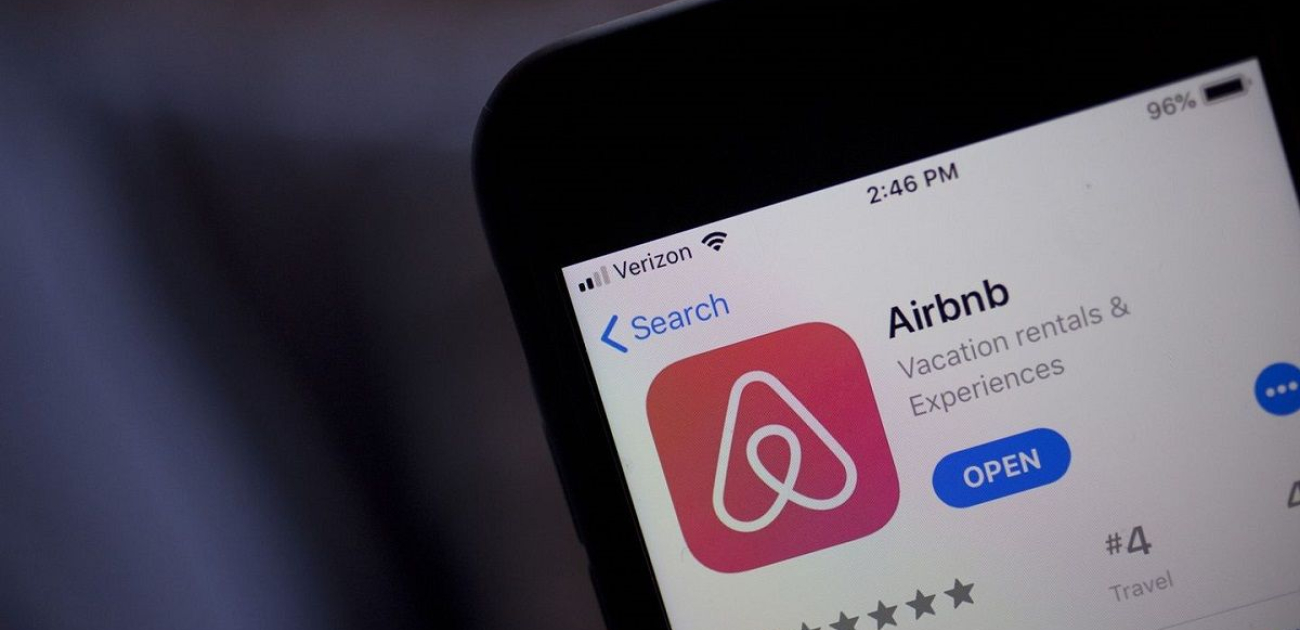Airbnb Slashes Boston Inventory to Meet New Requirements
The number of Airbnb listings in Boston has been cut in half due to local ordinances regulating the operation of short-term rentals. Boston is not the only city pushing back on Airbnb, a company that is battling local city governments across the country while simultaneously addressing concerns about safety and fake listings. The elimination of thousands of listings in Boston that do not comply with local rental regulations is one of many ways the tech darling is trying to clean up its act in anticipation of its 2020 IPO.
The clash between Airbnb and the City of Boston goes back to the beginning of 2018, when the city proposed a plan to regulate short-term rentals. In particular, the city wanted to combat the rise of so-called “investor units”—housing that is meant to be residential but is instead bought by corporations for the purpose of renting out for short periods of time, hotel style. In 2018, over 70% of Airbnb listings in Downtown Boston were investor units. This was a problem for Boston: investor units deprive the city of an estimated $25 million in tax revenue and take housing away from the residents of a housing-crunched city. Boston’s proposed plan would require that all Airbnb listings be registered with the city. To be registered, the listing would have to meet certain requirements, including that the hosts behind the listing were people who actually lived there, as opposed to absentee investors.
Regulation in Boston was not what Airbnb wanted. 2018 was a great year for the company in the Commonwealth: 1.2 million people stayed in Airbnb rentals in Massachusetts that year, generating $256 million for Airbnb hosts. Airbnb sued the City of Boston in November 2018, calling the proposed legislation “Orwellian.” The parties settled in August 2019, and Airbnb was given until December 1 to remove any non-registered and non-compliant listings from its website. While the exact number of removed listings has not yet been disclosed by Airbnb, an estimated 3,000 to 5,000 listings were cut—fully half of Airbnb’s Boston inventory.
The decline of Airbnb in Boston is the most recent in a series of adjustments the company has been forced to make as cities respond to the company’s short-term rental model, one which has ramifications beyond taxes and housing stock. Users have been scammed by fraudulent Airbnb hosts and allege that the company did little to help them. There have also been safety concerns. For a while, Airbnb maintained that it was merely a platform for connecting hosts with visitors; responsibility for the safety of visitors and compliance with tax and zoning regulations, the company said, rested with the hosts. Lawmakers in several major U.S. cities (including Miami, New York, and San Francisco) have pushed back on Airbnb, and the company has responded with lawsuits. Now, as it prepares to go public, Airbnb is looking to soften its image.
In November, after a shooting at an Airbnb rental in the San Francisco Bay Area left five dead, Airbnb announced a series of “trust initiatives,” including a 24/7 hotline for visitors, a money-back guaranty for guests, and listing verification. It has added a “trust & safety” page to its website. What was once a company that local lawmakers described as a bully whose modus operandi was to sue any cities that got in its way now appears to be willing to play nice. Of the Boston area cutback, an Airbnb spokesperson said “We are proud to have found a path forward.” Indeed, the path forward for Airbnb will likely be paved with many more adjustments on the road to its IPO.
Do you want more information?
 Jessica Carballo
Jessica CarballoJessica Carballo is an advertising attorney at Frankfurt Kurnit, where she practices advertising, digital media, and privacy law.
